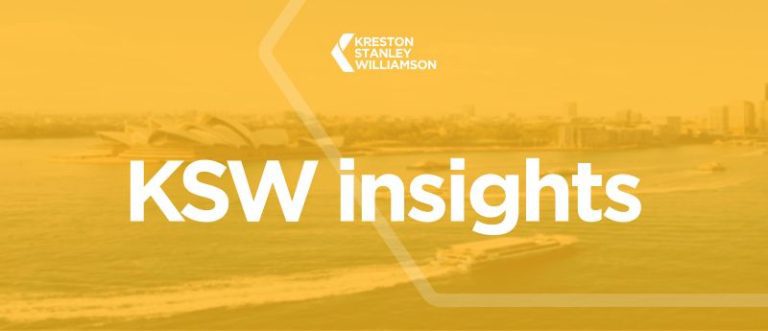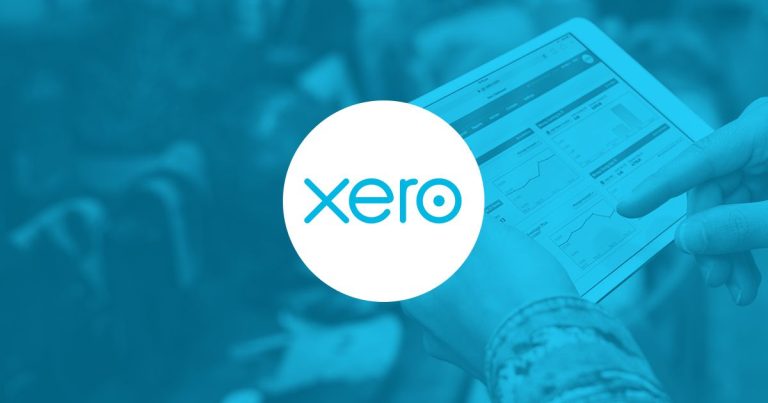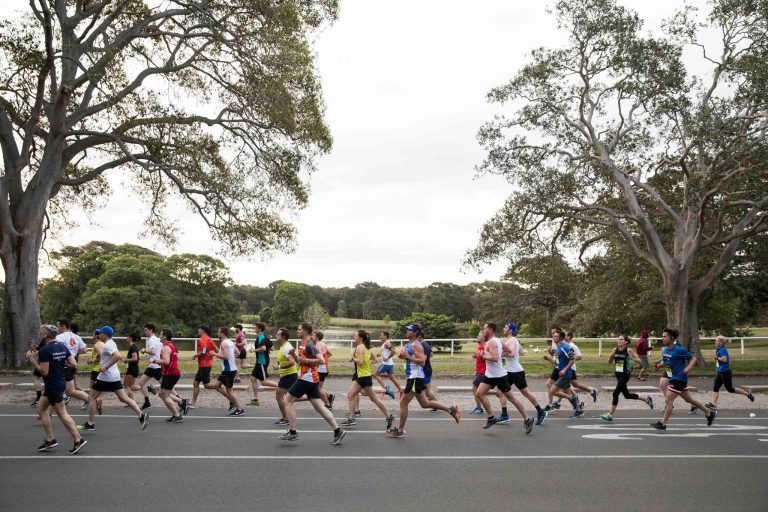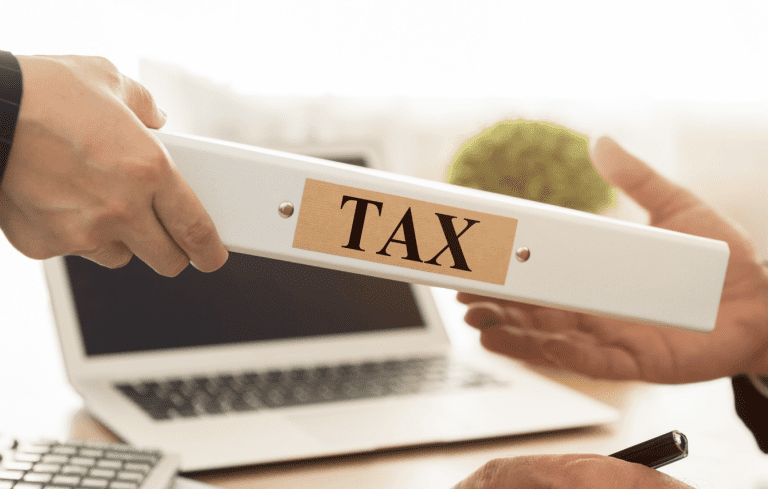To address the economic challenges caused by the ongoing COVID-19 lockdown, the NSW and Commonwealth Governments in Sydney have recently introduced relief measures. The specific details of these measures are currently limited and subject to change. However, the following table summarises what has been announced thus far, along with relevant government websites where individuals can express their interest and stay updated on developments. If you require further assistance regarding these relief measures, consider consulting professional accountants in Sydney for guidance.
| What relief is available? | Who is eligible? | How do you claim? |
| A disaster payment of $375 or $600 per week from week four of a lockdown because of a Commonwealth-declared hotspot. The disaster payment is recurring as long as the Commonwealth-declared hotspot and lockdown restrictions remain. At the time of writing, the Prime Minister has indicated that subject to National Cabinet approval, the payment will be fast-tracked and made available from the second week of lockdown. | A person who has lost between 8 and 20 hours per week will be eligible for $375 per week, and those who have lost 20 Hours or more will be eligible for $600 per week. More information on the Disaster Payment can be found on the Services Australia website. | The payment is claimed through your myGov account. Further details are here. |
| Small and medium business support payments are available from week 4 (subject to National Cabinet approval, this is proposed to reduce to week 2). An eligible business will pay 40% of the NSW payroll. The minimum payment will be $1,500 per week, with a maximum of $10,000 per week. The payments will be 40% of eligible businesses’ NSW payroll payments. The assistance will cease when the current lockdown restrictions are eased or the Commonwealth hotspot declaration is removed. | Both employing and non-employing businesses in NSW with an annual turnover of between $75,000 and $50 million. Businesses will be eligible if their turnover is 30% lower than an equivalent two-week period in 2019. To receive the payment, businesses must maintain their full-time, part-time and long-term casual staffing level as of 13 July 2021. For non-employing businesses, the payment will be set at $1,000 per week. | Register your interest on the Service NSW website to receive a notification when the programme is available. |
| A business grants programme provides grants of between $7,500 and $15,000 to cover the first 3 weeks of restrictions. The grants can be used for business expenses like rent, utilities and wages. The small business grants are income tax exempt. | Businesses with Australian wages below $10 million per year. The amount of the grant depends on your decline in turnover during the restrictions as follows: – $7,500 for a decline of 30% or more – $10,500 for a decline of 50% or more – $15,000 for a decline of 70% or more Full eligibility criteria will be available soon. | You will be able to apply for the grant from 19 July. In the meantime, register your interest here to be notified when the support is available. |
| Payroll tax waivers of 25% and deferrals. | Businesses with Australian wages of between $1.2 million and $10 million have experienced a 30% decline in turnover, as well as payroll tax deferrals and interest-free repayment plans. Further details can be found here. | More information on claiming the 25% reduction is expected by the end of August 2021. The 2020/21 annual reconciliation due date has been extended to 7 October 2021, after which you can enter a Stimulus Payment Arrangement. |
| Grants of $1,500 per fortnight during restrictions. | Micro businesses with a turnover of between $30,000 and $75,000 experience a decline in turnover of 30%. | You will be able to apply for the grant from 19 July. In the meantime, register your interest here to be notified when the support is available. |
| Capped grants of up to $1,500 | Residential landlords are not liable to pay land tax to reduce tenant rent. | No information is available yet on how this is to be claimed. Monitor this page for updates. |
| Land tax relief equals the value of rent reductions up to a maximum of the 2021 land tax year liability. | Commercial, retail and residential landlords who provide rent reductions to financially distressed tenants. Full eligibility criteria can be found on the Revenue NSW website. | You will apply via Service NSW. However, applications are not yet available. You can monitor this page for updates. |
| Eviction moratorium until 11 September 2021 | Residential tenants who have suffered a loss of income of 25% due to COVID-19 and meet a range of criteria. We expect more information on this measure will be available in the coming days on this page. | |
| No recovery of security bonds, lockouts or evictions prior to mediation. | COVID-19 impacted retail and commercial tenants. | |
| Deferral of gaming tax assessments. Details are here. | For clubs – deferred until 21 December 2021; for hotels – deferred until 21 January 2022 | |
| $75 million support package to help eligible organisations and live music venues to continue paying staff and performers and provide support for loss of box office income. Further information can be found here. | Performing arts sector. | Support will be administered by Create NSW. Applications are expected to open from 23 July 2021 on this website. |
The above measures are in their infancy, and a lot of guidance is needed from the NSW and Federal governments before we know exactly how you can make your claim. Please go onto the websites linked above to get further information and to register your interest in the measures.
As always, please feel free to contact your client manager to discuss your personal circumstances.
Kreston Stanley Williamson Team
*Correct as of 16 July 2021
Disclaimer – Kreston Stanley Williamson has produced this article to serve its clients and associates. The information contained in the article is of general comment only and is not intended to be advice on any particular matter. Before acting on any areas in this article, you must seek advice about your circumstances. Liability is limited by a scheme approved under professional standards legislation.














